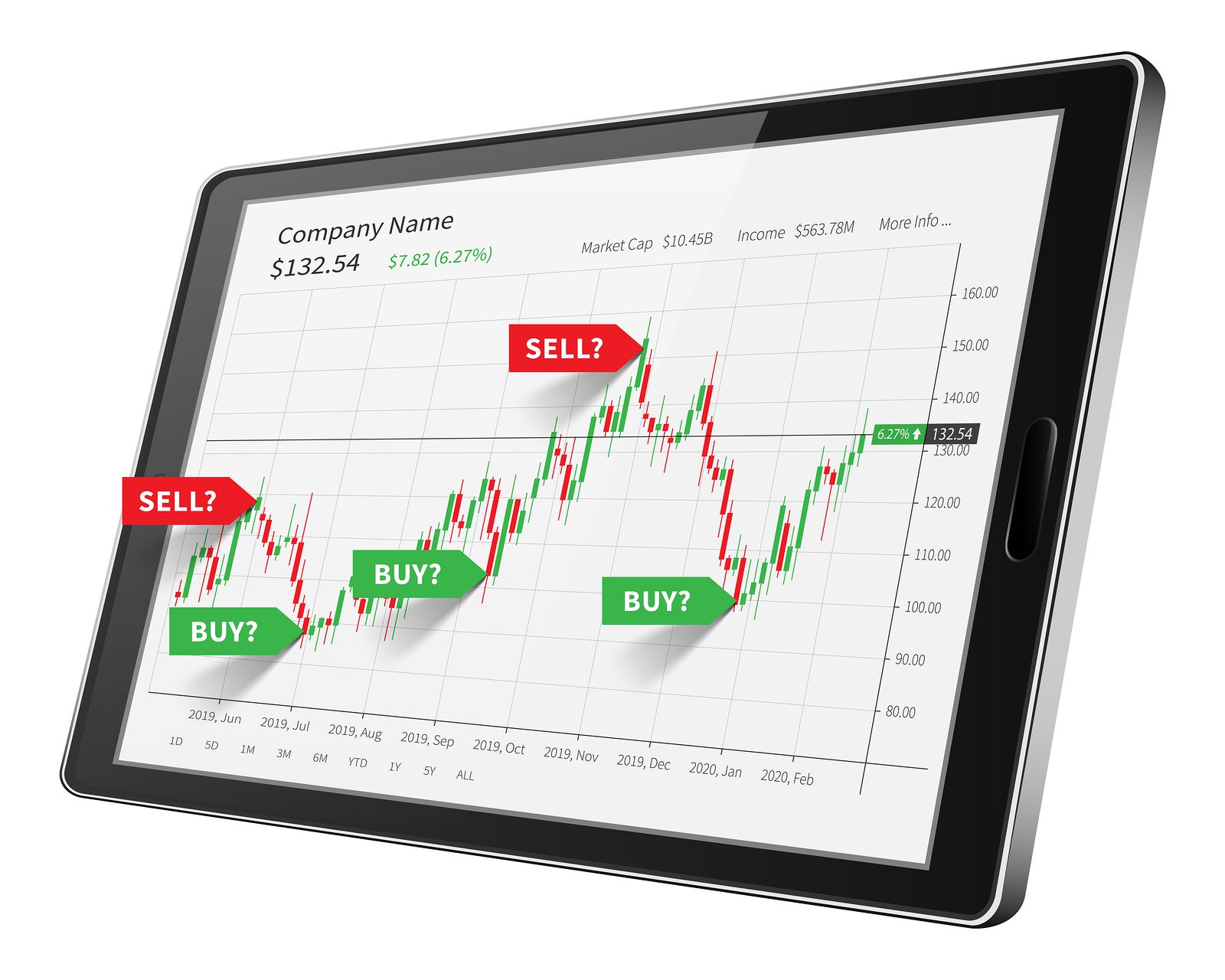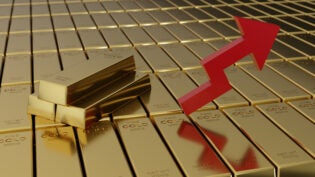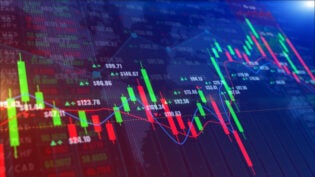
It seems that commodities and CFDs (Contract for Differences) are on the opposite ends of the trading scale. Commodities are real; CFDs are virtual, as are all derivatives. Still, for those familiar with CFD trading commodities, one is not so distant from the other. If you are new to this and eager to understand how the commodities work, here is a brief introduction.
How Commodities and CFD Relate
Let’s begin with the very definition of CFD. It’s obvious that regular commodity traders deal with real material values, be it natural gas, coffee, rice, soybean, lumber, or gold. There is always offer and demand that define the market and the actual price. Of course, sellers and buyers of the same commodity set different prices: sellers want it more expensive, while buyers want it cheaper. It is called the bid (sell) price and the ask (buy) price. What’s even more important is that prices change with time.
In earlier times, a buyer could only purchase the actual commodity present on the market (usually the physical marketplace). As trading developed as an art, traders mastered more exquisite forms of it – for example, futures contracts. According to a futures contract, one side agrees to buy a certain volume of something from the other side (or sell something) at a predetermined price at a certain moment of time. If the price grows by that moment, the buyer gets the profit, as they buy cheaper than the actual price. Similarly, if the price falls, the seller benefits.
The next step was to exclude the physical commodity from this scheme. Instead, the losing side pays the loser the difference without the actual purchase. That’s how CFDs were born. Unlike futures, it’s a purely financial and much less regulated form of trading.
How Trading Commodities and Trading CFDs Interconnect
The interdependence is simple. The physical market defines the price, both the bid and the ask. Given this, you follow the situation and make your decisions on positions. It’s similar to futures contracts, with several differences:
- An CFD trader never deals with actual commodities, so there are neither risk of getting it damaged nor delivery and storage expenses;
- CFD trading can be conducted in lower volumes, which makes it more affordable for traders.
What remains, though, is the dependence on actual manufacturing and demand, as well as other events that influence the price.
Trading Influenced by Quarantine
It seems logical that the pandemic influences the logistic chains that have to resolve the issues with delivering the physical goods. It makes transportation more expensive; on the other hand, where demand declines, the manufacturers may lower prices, raise them, or leave the market entirely.
As for CFD trading, it mostly means that the trader needs to watch the news more carefully and make their plans considering the tendencies. For example, if you have reason to hope that oil will grow more expensive due to political crises, you should assume that decreasing demand may likewise cause it to get cheaper.
Finally, in quarantine times, the online trading market inflates because it offers a chance to earn from home. More and more people start trading; most of them treating trading as if it were gambling. To outtrade them, one has to take it more seriously. On the other hand, it means that more instructional sites, articles, videos and entire platforms appear due to increasing demand. So your learning opportunities grow, too.
Is Trading Commodities a Good Idea for Pandemic Times?
For beginners, it has always been easier than entering the market of actual futures contracts. There may be more to learn than with Forex-based CFDs, as it takes more attention towards a specific market. But the main concepts (bid/ask prices, spread, margin, and so on) remain.
If you consider it useful, share it on Facebook or Twitter: maybe it will be interesting to your friends as well.
Editor’s Note: CFD contracts are not allowed in the U.S. They are allowed in listed, over-the-counter (OTC) markets in other major trading countries. Any financial information or opinions contained in this article are the author’s own and do not represent endorsement or support by SmallBizClub.com.
1664 Views












